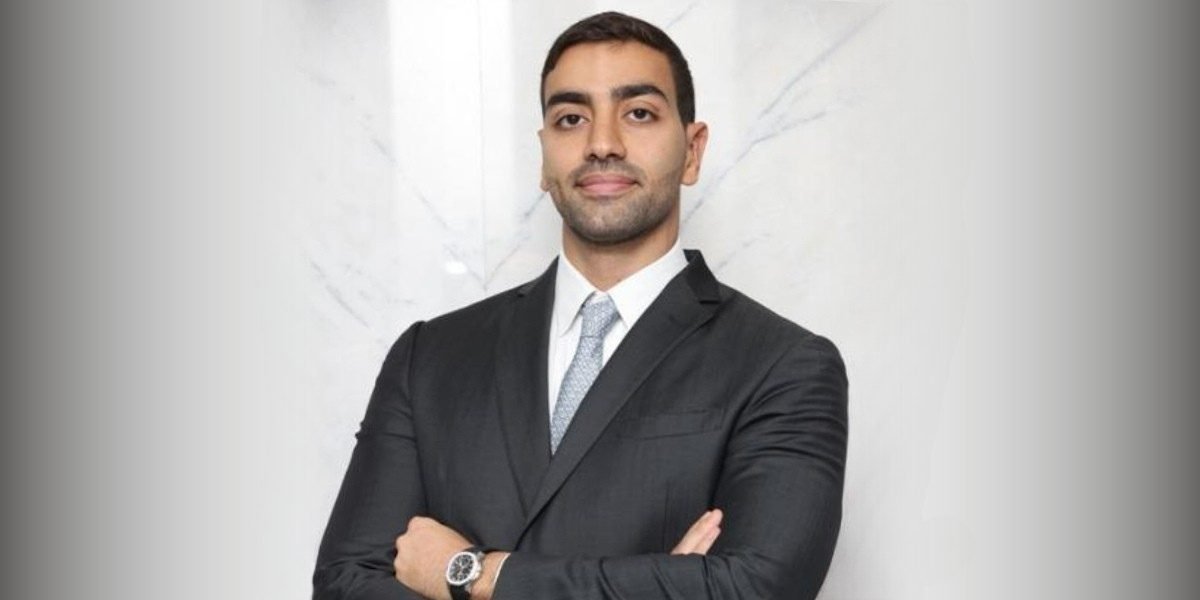A Globalist Perspective on Culture, Identity, and Hospitality
Cultural literacy has become as important as financial planning as the global real estate landscape evolves. Builders are no longer simply responsible for building physical structures; they must design environments that geographically make sense, honor place, and provide curated and organic experiences. Today’s hospitality and real estate businesses require sensitivity, tact, and global sensibility, especially in developing culturally vibrant economies. In this, the vocabulary of “placemaking” is crucial, whereby a building is not just built to fulfill a purpose but to inherit the story and beat of its surroundings.
Developers on every continent need to learn how to balance worldwide appeal with local veracity—a difficult mission few execute well. At this juncture, figures like Samuel Saba have emerged, not as business professionals, but as interpreters of place.
Samuel Saba’s real estate career is in line with this pan-continental approach. Operating between the UAE and Zanzibar, Saba has increasingly cultivated a model of merging design, culture, and business in a single strategic direction. His lead company, Infinity Group, has been the cornerstone of this approach, diversifying into hospitality, commercial, and residential development in its subsidiaries like Infinity Developments. His works are renowned not just for luxury branding, but for how they fit into the history of the land upon which they lie.
One example is the Anantara Zanzibar Resort & Residences, a luxury project. On the southeast coast of Zanzibar, the resort is considered a homage to Swahili coastal architecture in form while meeting international guests’ expectations. Rather than imposing a world style, the project utilizes local materials and workforce to impart regional identity to the design. Saba’s practice tends to reflect his multicultural background. Having grown up in a business family, he was trained early on in the economics of cross-border investment. His entry into real estate was not merely about deals but a conceptual shift on the concept that space is personal and linked to identity. His experience in business and global exposure gave him a different perspective on development as more than just business. It became an economic and people bridge.
Saba has stretched its presence in East Africa over the last few years while keeping its foothold in Dubai. The focus of the UAE on high growth and innovation has also helped strengthen its strategic plan, and Infinity Group has been in a position to verticalize its operations. That is, not only does the company develop properties, but it also constructs, designs, and even philanthropies through the Infinity Foundation. This consolidation has granted the company much control over cultural uniformity and quality delivery across national borders.
The company’s projects, though, remain very reflective of a particular, place-based mindset despite its increasing size. Infinity Hills, a housing complex off Jozani Forest in Zanzibar, is a case in point. The complex has renewable energy features and open-air layouts to interact with the island’s environment. Rather than adopt a universal model, it harmonizes with the landscape, both architecturally and culturally. Saba’s development philosophy is predicated on the belief that long-term value is only sustainable if a property is integrated into the landscape and community.
His ability to manage such complexity has also attracted the global media. Saba has also been profiled in Forbes Africa, Arabian Business, and CEO Middle East for his entrepreneurial abilities and his growing contributions to regional design thinking. His rank on Arabian Business’s “Dubai 100” list of influential people also supports the argument that his work applies in other economic and cultural environments. While this kind of media coverage provides increased visibility, it also illustrates how developers like Saba negotiate identity in spaces where culture is both a resource and a burden.
Although not proactive by the classical definition of public relations, Saba employs modern tools like Instagram and LinkedIn not for promotion but for process documentation and placement. His social media is less about personal branding than the architecture, the site, and the craftspeople who craft it. To that degree, it’s an extension of his larger philosophy: that development has to be self-sustaining, and that property, done well, can be a cultural story.
While the global real estate market continues to pose questions of climate, equity, and identity, developers like Samuel Saba are rewriting the rules of the status quo. His strategy is to balance commercial viability with cultural sensitivity, creating buildings which strive not merely to endure in the market, but to last in memory. Whether in Zanzibar or Dubai, the approach is to build destinations that harmonize with the voice of the surroundings. Samuel Saba’s writing exists in the overlap of continents and cultures, where identity intersects with investment, and buildings are not simply seen but felt.
Disclaimer: This article is for informational purposes only and does not constitute professional advice or an endorsement of any individual, company, or investment strategy. The views expressed are based on publicly available information and should not be interpreted as financial, legal, or real estate counsel. Any statements regarding business activity, media features, or market projections are illustrative and not guaranteed indicators of future performance. Readers are encouraged to conduct their own research and consult with appropriate professionals before making decisions related to real estate or business development.









